40-year high inflation. Inverted yield curves. Record levels of corporate debt. The warning signs of another recession are everywhere. Leaders need to be prepared for when the next one inevitably strikes. These five books will help.
1
Adam Tooze's comprehensive work on the Great Recession is an excellent starting point for understanding the impact of recessions on the global economic and political landscape. As an economic historian at Columbia University, Tooze meticulously documents the interplay between banks, households, and governments that precipitated the collapse of the global financial system. His analysis goes beyond the immediate economic hardships, highlighting the enduring effects such as the significant reduction in household wealth among Black and low-income white Americans. Tooze compellingly argues that the Great Recession marked not only a period of financial distress but also the beginning of the decline of the U.S.-led global economic order and the rise of authoritarian populism worldwide.
2
Recessions are complex events that influence technological, political, cultural, and demographic shifts. The COVID-19 recession, for instance, significantly boosted e-commerce retail sales, leading to lasting changes in the retail sector. In his insightful book, Mauro Guillen, a professor at the Wharton School of Business, explores some of the major macro trends shaping our future. He delves into the shift of the world's economic center of gravity towards Asia and the implications of a future where 80% of U.S. wealth is held by those over 60. This primer prompts leaders to consider the interplay between recession-induced challenges like reduced demand and higher unemployment, and the broader trends Guillen outlines. It's a crucial read for understanding how these dynamics might affect their teams and companies.
3
During a recession, people experience more than just job and home losses. Medical research indicates significant increases in anxiety, depression, and suicide rates amid economic downturns. Should a recession hit the United States in 2023, leaders must brace for a mental health crisis, especially in the aftermath of the COVID-19 pandemic. The CDC reports a stark increase in drug overdose deaths, up by 30,000 compared to pre-pandemic figures. Additionally, teen suicide rates have escalated by 12-18%, as highlighted in a recent study by the National Bureau of Economic Research. Bessel Van Der Kolk's acclaimed book offers a deep understanding of how various forms of trauma affect our bodies and provides scientifically supported methods for healing. Such insights are crucial in preparing for and managing the challenges of difficult times ahead.
4
What exactly constitutes a recession? The National Bureau of Economic Research, which officially declares U.S. recessions, describes it as a "significant decline in economic activity that is widespread throughout the economy and lasts more than a few months." A recession is typically characterized by a shrinking economy and rising unemployment, persisting for more than two quarters. David Romer, an economist at the University of California, Berkeley, addresses these queries in his book. He delves into essential questions like the nature of a recession, the business cycle, their causes, and the most effective strategies for managing them. While the book is academic, technical, and presents a challenge, leaders who engage with its content will gain a deeper understanding of how economic theory interprets recession periods. Additionally, Romer's work explores other vital topics, including the origins of economic growth and the government's role in the economy.
5
Reading David Romer's book, you'll understand that recessions are temporary deviations from the long-term trend of economic growth. However, the poignant work by economists Anne Case and Angus Deaton, a married couple, provides a profound perspective on the severe impact these short-term deviations can have on individuals and nations. They explore how recessions, coupled with factors like deindustrialization, wealth and income inequality, the weakening of social bonds, and the introduction of powerful new drugs, can wreak havoc on entire populations. Angus Deaton, who was awarded the Nobel Prize in 2015 for his contributions to welfare economics, including research on the alarmingly high mortality rates among non-college-educated whites in America due to drug overdoses and alcohol poisonings, collaborates with Anne Case, a health economics expert. Their book delves into the human cost of our current form of capitalism. They assert that the root issue is unfairness: the perception that immense wealth at the top is acquired in a system that offers little opportunity to many. Case and Deaton critically examine the failures of our economic system and propose ways to reform it for the better.
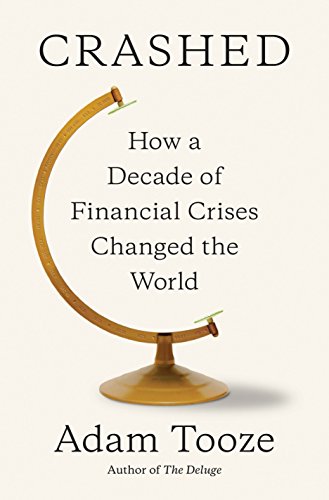
1
Adam Tooze's comprehensive work on the Great Recession is an excellent starting point for understanding the impact of recessions on the global economic and political landscape. As an economic historian at Columbia University, Tooze meticulously documents the interplay between banks, households, and governments that precipitated the collapse of the global financial system. His analysis goes beyond the immediate economic hardships, highlighting the enduring effects such as the significant reduction in household wealth among Black and low-income white Americans. Tooze compellingly argues that the Great Recession marked not only a period of financial distress but also the beginning of the decline of the U.S.-led global economic order and the rise of authoritarian populism worldwide.
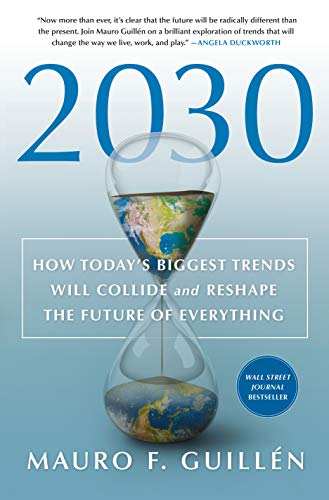
2
Recessions are complex events that influence technological, political, cultural, and demographic shifts. The COVID-19 recession, for instance, significantly boosted e-commerce retail sales, leading to lasting changes in the retail sector. In his insightful book, Mauro Guillen, a professor at the Wharton School of Business, explores some of the major macro trends shaping our future. He delves into the shift of the world's economic center of gravity towards Asia and the implications of a future where 80% of U.S. wealth is held by those over 60. This primer prompts leaders to consider the interplay between recession-induced challenges like reduced demand and higher unemployment, and the broader trends Guillen outlines. It's a crucial read for understanding how these dynamics might affect their teams and companies.
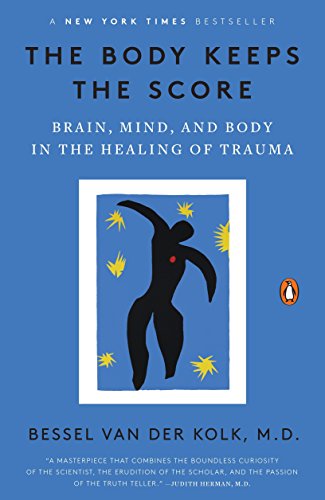
3
During a recession, people experience more than just job and home losses. Medical research indicates significant increases in anxiety, depression, and suicide rates amid economic downturns. Should a recession hit the United States in 2023, leaders must brace for a mental health crisis, especially in the aftermath of the COVID-19 pandemic. The CDC reports a stark increase in drug overdose deaths, up by 30,000 compared to pre-pandemic figures. Additionally, teen suicide rates have escalated by 12-18%, as highlighted in a recent study by the National Bureau of Economic Research. Bessel Van Der Kolk's acclaimed book offers a deep understanding of how various forms of trauma affect our bodies and provides scientifically supported methods for healing. Such insights are crucial in preparing for and managing the challenges of difficult times ahead.
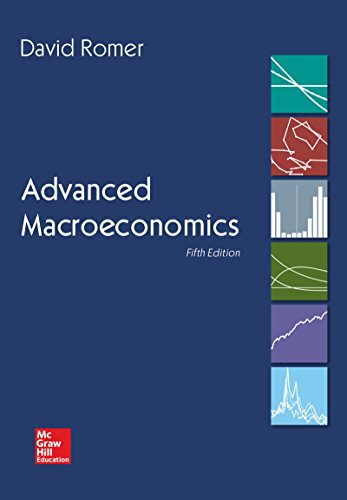
4
What exactly constitutes a recession? The National Bureau of Economic Research, which officially declares U.S. recessions, describes it as a "significant decline in economic activity that is widespread throughout the economy and lasts more than a few months." A recession is typically characterized by a shrinking economy and rising unemployment, persisting for more than two quarters. David Romer, an economist at the University of California, Berkeley, addresses these queries in his book. He delves into essential questions like the nature of a recession, the business cycle, their causes, and the most effective strategies for managing them. While the book is academic, technical, and presents a challenge, leaders who engage with its content will gain a deeper understanding of how economic theory interprets recession periods. Additionally, Romer's work explores other vital topics, including the origins of economic growth and the government's role in the economy.
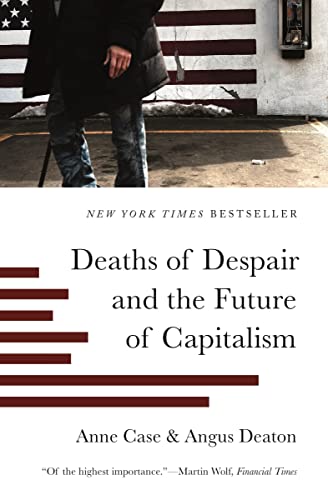
5
Reading David Romer's book, you'll understand that recessions are temporary deviations from the long-term trend of economic growth. However, the poignant work by economists Anne Case and Angus Deaton, a married couple, provides a profound perspective on the severe impact these short-term deviations can have on individuals and nations. They explore how recessions, coupled with factors like deindustrialization, wealth and income inequality, the weakening of social bonds, and the introduction of powerful new drugs, can wreak havoc on entire populations. Angus Deaton, who was awarded the Nobel Prize in 2015 for his contributions to welfare economics, including research on the alarmingly high mortality rates among non-college-educated whites in America due to drug overdoses and alcohol poisonings, collaborates with Anne Case, a health economics expert. Their book delves into the human cost of our current form of capitalism. They assert that the root issue is unfairness: the perception that immense wealth at the top is acquired in a system that offers little opportunity to many. Case and Deaton critically examine the failures of our economic system and propose ways to reform it for the better.
© Five Books 2024